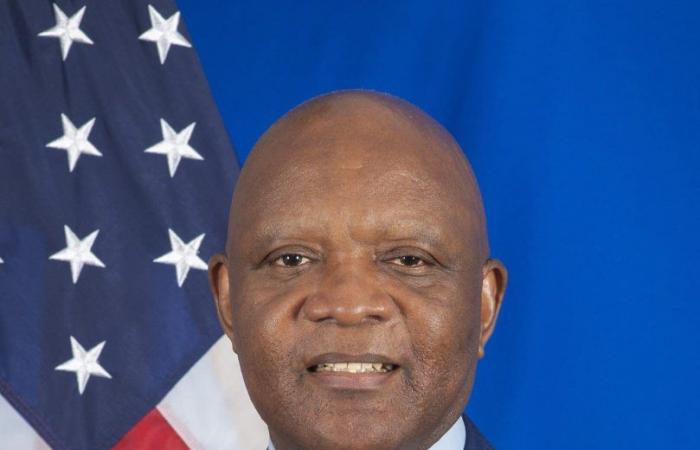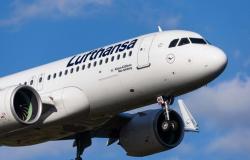During an online press conference held on Thursday, October 10, Ambassador John N. Nkengasong, Global AIDS Coordinator in the United States, provided an update on the Emergency Plan efforts. President for AIDS Relief (PEPFAR), a U.S. government international initiative to save and improve the lives of people infected with or at risk of HIV/AIDS in Africa.
Ambassador John N. Nkengasong noted that over the past 21 years, the Emergency Plan for AIDS Relief (PEPFAR) has invested a whopping $110 billion in the fight against HIV/AIDS. AIDS in Africa. This massive investment helped save 25 million lives and prevent transmission of the virus to 5.5 million children born to HIV-positive mothers.
In terms of infrastructure and human resources, the program also strengthened 3,000 government laboratories, trained 240,000 health professionals and consolidated 170,000 health facilities on the African continent.
Despite these significant advances, Ambassador John N. Nkengasong warned against a relaxation of efforts, recalling that the battle is far from won. In 2023, HIV/AIDS will still cause 650,000 deaths worldwide, 60% of them in Africa. He cited Botswana, a country considered a model in the fight against this disease, where 4,200 new cases of infection were recorded the same year.
Faced with these persistent challenges, Ambassador John N. Nkengasong clarified that PEPFAR is seeking a five-year reauthorization, until 2030, to continue its efforts in partnership with African countries. The objective is ambitious: to achieve a generation without HIV/AIDS by 2030. To achieve this, he insisted on the importance of closing persistent inequalities in access to treatment, particularly among children, while strengthening sustainably health systems on the continent.
Ambassador John N. Nkengasong also highlighted PEPFAR’s commitment that goes beyond the fight against HIV/AIDS. By strengthening health infrastructure and training qualified personnel, the program helps improve the overall capacity of African countries to deal with various health threats. This holistic approach has proven particularly valuable during the COVID-19 pandemic, illustrating the lasting impact of investments in health systems.
AC/WHAT






